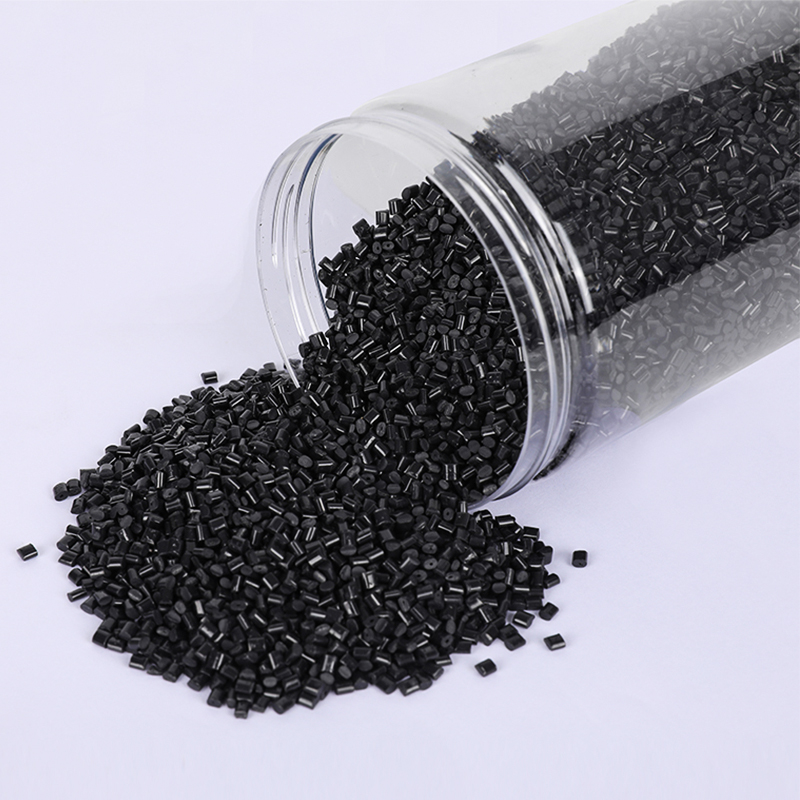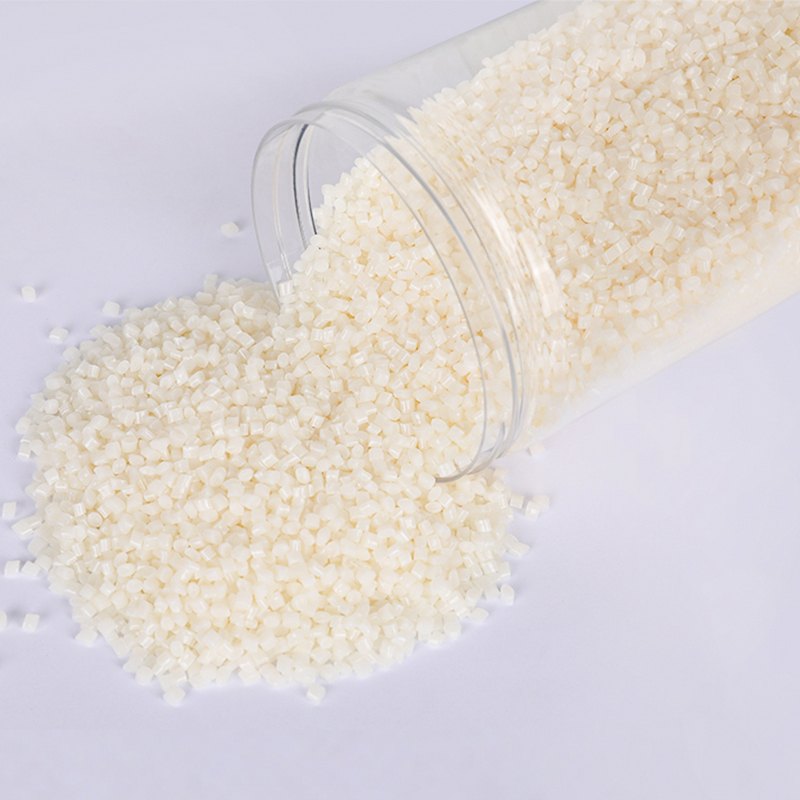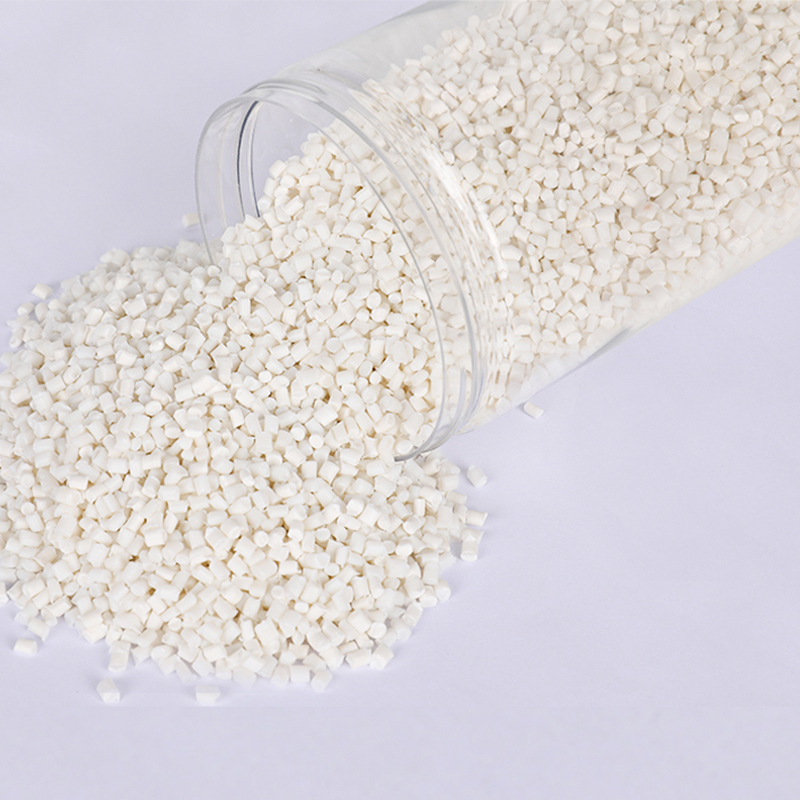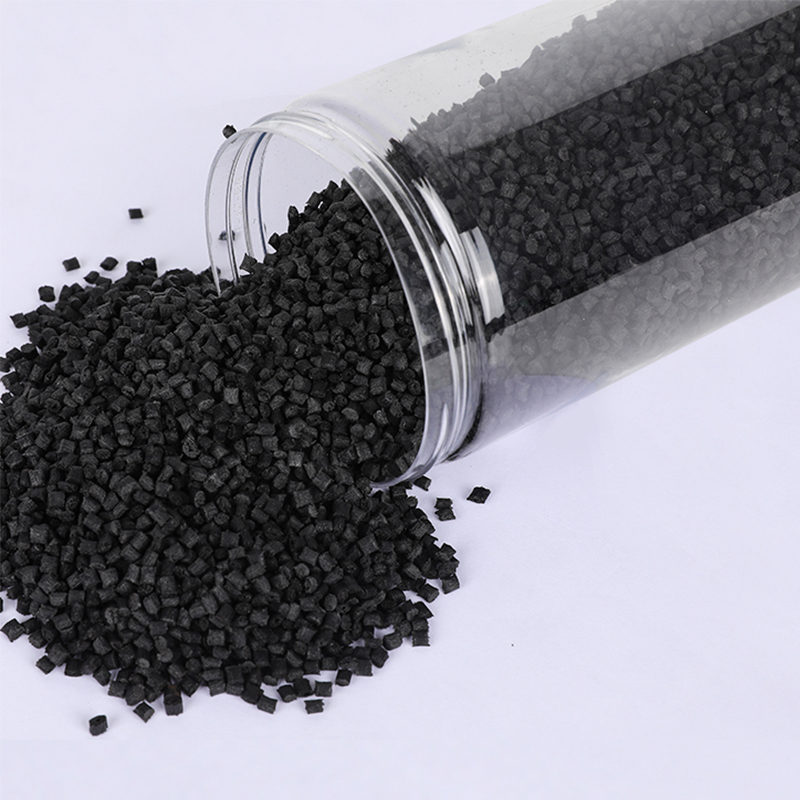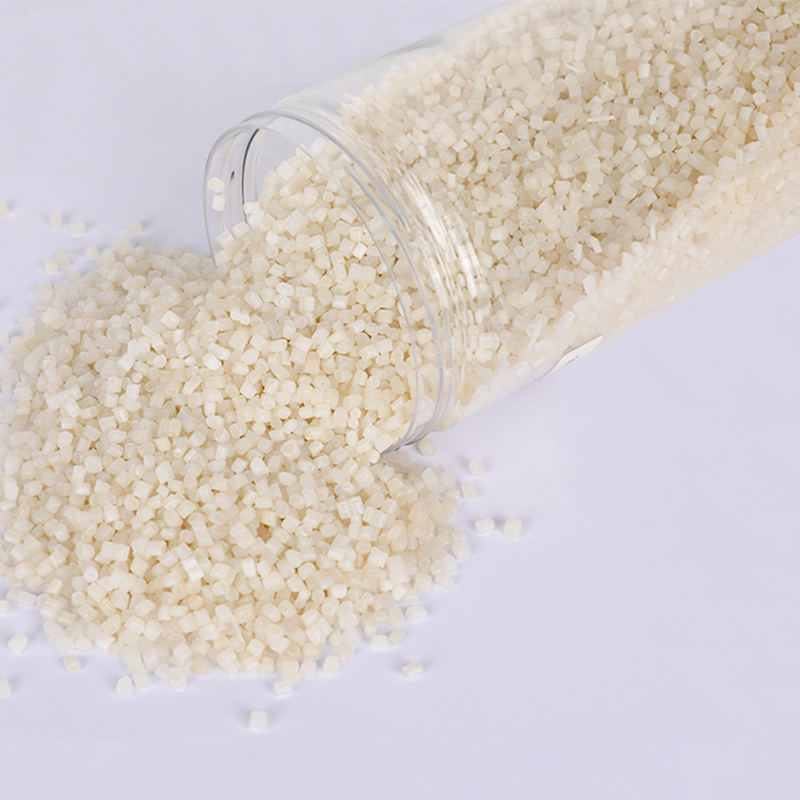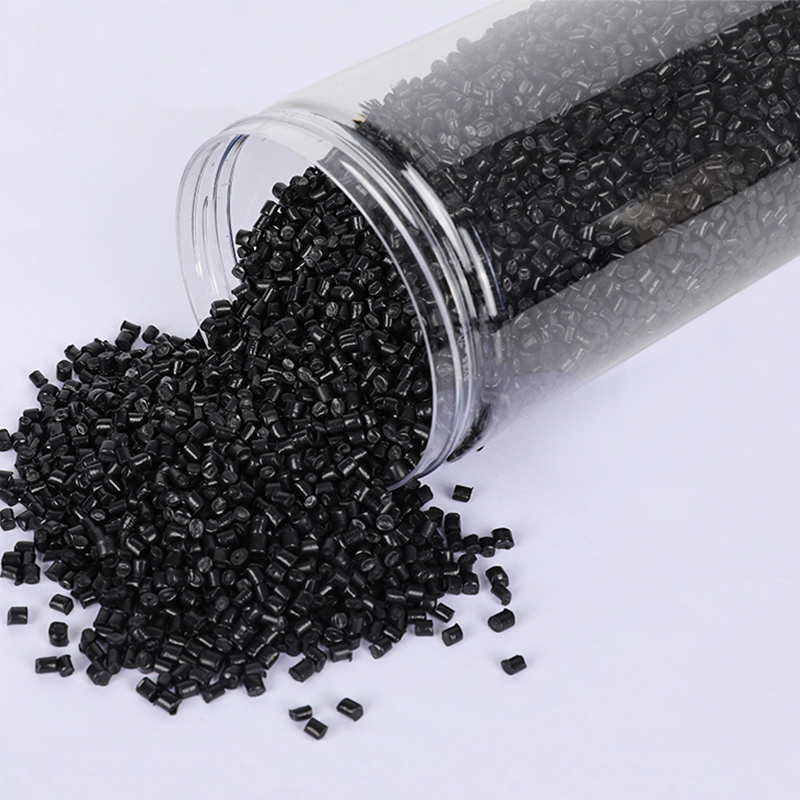Stay up to date with our recent products
Web Menu
Product Search
Exit Menu
What are the common contaminants in recycled polyethylene, and how are they removed?
Recycled resin polyethylene (RPE) is a crucial player in the modern push towards sustainability, offering a second life to post-consumer and post-industrial polyethylene waste. Polyethylene, a commonly used thermoplastic polymer, is found in numerous applications ranging from plastic films and containers to pipes and various other plastic products. The recycling of polyethylene not only helps in reducing waste but also conserves energy, presenting a greener alternative to producing new plastic from raw materials. However, a significant challenge in the recycling process is dealing with contaminants that can affect the quality and usability of the recycled product.
Common contaminants in recycled polyethylene typically include organic residues, paper, metals, other types of plastics, and pigments. These contaminants can originate from the diverse sources of polyethylene waste, such as food packaging, agricultural films, and household products. Organic residues, such as food waste, can introduce unwanted smells and microbial activity, while paper labels can degrade into fibers that interfere with the melting process. Metals from closures, labels, or even small pieces of machinery can cause damage to processing equipment. The presence of other types of plastics, such as PVC or PET, can alter the chemical composition and properties of the recycled polyethylene, leading to inconsistencies in the final product. Pigments from colored plastics can affect the appearance and uniformity of the recycled pellets.
To ensure the production of high-quality RPE, these contaminants must be effectively removed. The recycling process typically begins with the collection and sorting of polyethylene waste. Advanced sorting technologies, such as near-infrared (NIR) spectroscopy, are used to distinguish between different types of plastics and remove non-polyethylene materials. Mechanical sorting methods, including air classifiers and flotation systems, can separate lighter contaminants like paper from the heavier polyethylene.
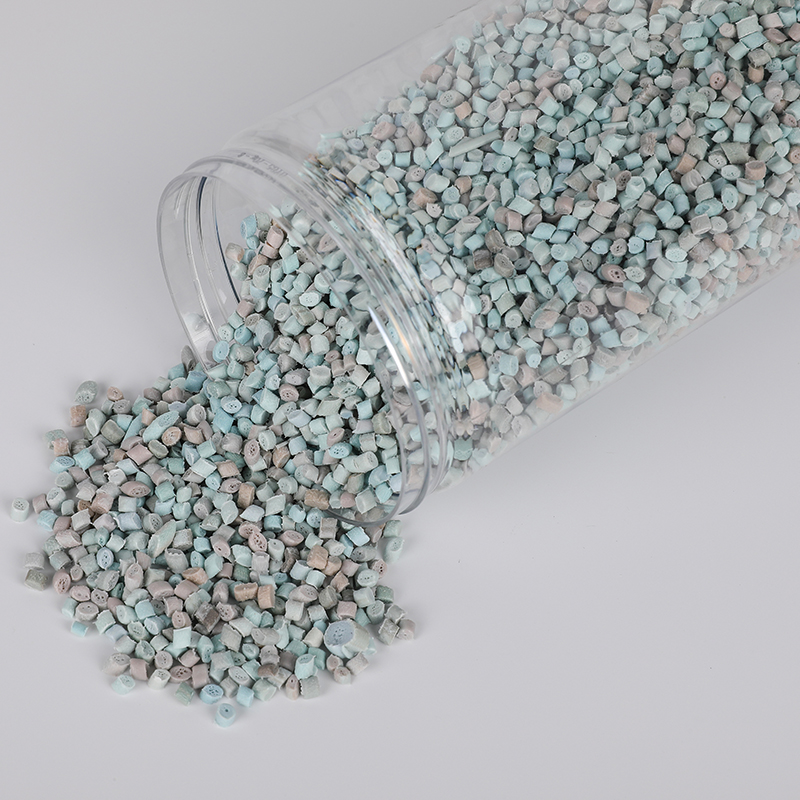
Following sorting, the plastic waste undergoes a thorough washing process to remove organic residues and other surface contaminants. This involves the use of hot water and detergents in washing tanks, where vigorous agitation helps dislodge food particles, labels, and dirt. The washed plastic is then rinsed and dried before proceeding to the next stage.
Next, the cleaned polyethylene is subjected to a series of extrusion and filtration processes. During extrusion, the plastic is melted and forced through fine screens that filter out any remaining solid contaminants, including metal particles. Magnets and eddy current separators are also employed to remove ferrous and non-ferrous metals. The extruded plastic is then formed into pellets, which serve as the raw material for manufacturing new products.
The advantages of using RPE recycled resin polyethylene are manifold. Besides its environmental benefits, RPE offers comparable properties to virgin polyethylene, making it suitable for a wide range of applications. By incorporating RPE, manufacturers can reduce their reliance on fossil fuels, lower production costs, and contribute to a circular economy. Products made from RPE, such as plastic films, containers, and pipes, retain the durability, flexibility, and chemical resistance of their virgin counterparts while promoting sustainability.
Historically, the perception of recycled plastics has evolved significantly. Early efforts in polyethylene recycling faced challenges due to limited technology and quality control issues. However, advancements in recycling techniques and increased awareness of environmental issues have improved the quality and acceptance of recycled polyethylene. Today, RPE is recognized not only for its role in waste reduction but also for its contribution to energy conservation and the reduction of greenhouse gas emissions.
While contaminants in Recycled resin polyethylene pose a challenge, modern recycling processes effectively address these issues through advanced sorting, washing, and filtration techniques. The production of RPE not only mitigates the environmental impact of plastic waste but also provides a high-quality, sustainable alternative to virgin polyethylene. By understanding and overcoming the challenges of contamination, the industry can continue to enhance the viability and benefits of recycled resin polyethylene, supporting a more sustainable future.
As China PCR Recycled Plastic Granules Factory, We always adhere to the experience and philosophy of "keeping up with the times, constantly innovating, developing efficiently, and cooperating for mutual benefit"

Address: No.11, Wangzhuang Section, Provincial Road 01, Daqiao New Area, Economic Development Zone, Haiyan County, Jiaxing City, Zhejiang Province, China
Phone: +86-18058285678
Fax: +86-0573-86868101
E-mail: [email protected]
SUNRISE GROUP(Overseas Exclusive Agent)
www.sunrisechemical.com
2024 ICIS Global Chemical Distributor Top 8
Export Sales Manager:Helen Zhang
Mob/Whatsapp: +86 19883063465
Email: [email protected]
Copyright © Jiaxing Anyiju Plastic Industry Co., Ltd. All Rights Reserved

 简体中文
简体中文 English
English

